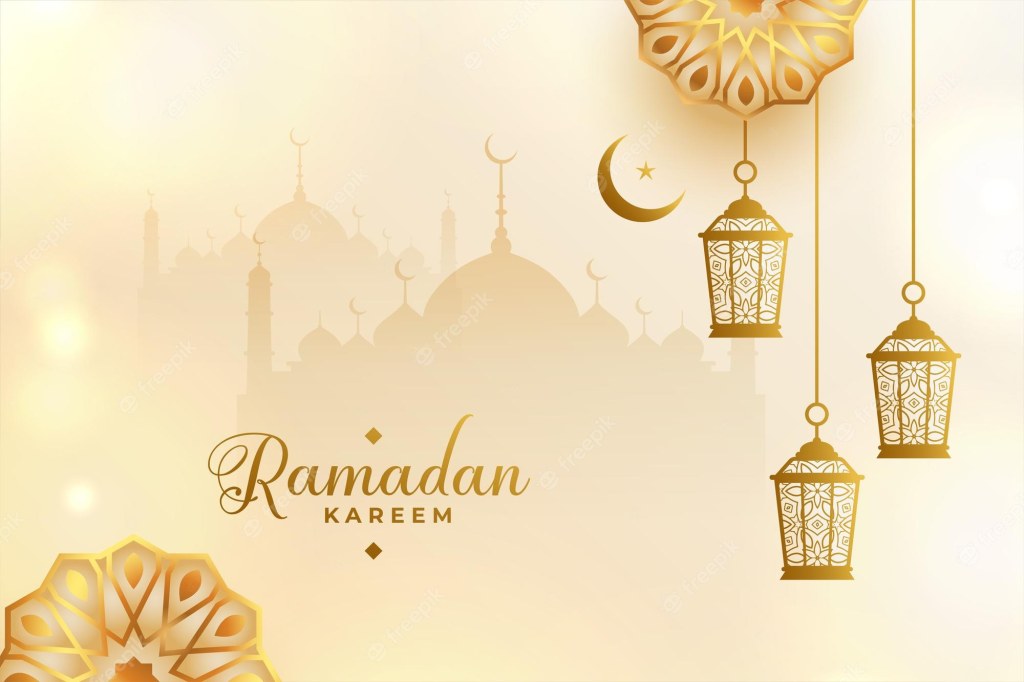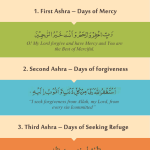Discover The Enchanting Ramadhan Background: Unleash Your Creativity Today!
Ramadhan Background: A Journey of Spiritual Reflection and Devotion
Introduction
Assalamualaikum, Ramadhan enthusiasts! As the holy month of Ramadhan approaches, Muslims around the world eagerly await this blessed period of fasting, prayer, and self-reflection. Ramadhan is not just a time of abstaining from food and drink; it is a time to deepen our faith, seek forgiveness, and connect with the Almighty. In this article, we will explore the background of Ramadhan, its significance, and the rituals that define this sacred month.
1 Picture Gallery: Discover The Enchanting Ramadhan Background: Unleash Your Creativity Today!

What is Ramadhan?
Ramadhan, the ninth month of the Islamic lunar calendar, is a time of fasting from dawn until sunset for Muslims worldwide. It is considered the holiest month in Islam and commemorates the revelation of the Quran to Prophet Muhammad (peace be upon him). Fasting during Ramadhan is one of the Five Pillars of Islam and is obligatory for adult Muslims, except for those with certain exemptions such as illness, pregnancy, or travel.
Who Observes Ramadhan?

Image Source: freepik.com
Ramadhan is observed by nearly 1.8 billion Muslims worldwide, making it one of the largest religious observances globally. Muslims of all ages, genders, and nationalities participate in fasting during this holy month. It is a time of unity and community, as Muslims come together to fulfill their religious duties and support one another in their spiritual journeys.
When is Ramadhan Celebrated?
Ramadhan begins with the sighting of the new moon and lasts for 29 or 30 days, depending on the lunar calendar. The exact start date of Ramadhan varies each year as it follows the lunar cycle, moving approximately 10 or 11 days earlier in the Gregorian calendar annually. It is a time of anticipation and preparation, with Muslims eagerly awaiting the arrival of this blessed month.
Where Does Ramadhan Take Place?
Ramadhan is celebrated by Muslims in every corner of the globe. From bustling cities to remote villages, Muslims come together in mosques, homes, and community centers to observe the rituals of fasting, prayer, and charity. Regardless of geographical location, the spirit of Ramadhan unites Muslims in their devotion and love for the Almighty.
Why is Ramadhan Significant?
Ramadhan holds immense significance in Islam as it is a time for spiritual reflection, self-discipline, and seeking closeness to Allah. Fasting during Ramadhan not only serves as a physical act of self-control but also purifies the soul and strengthens one’s relationship with the Divine. It is believed that during this month, the gates of heaven are open, and the gates of hell are closed, offering Muslims a unique opportunity for repentance, forgiveness, and spiritual growth.
How is Ramadhan Observed?
During Ramadhan, Muslims refrain from eating, drinking, smoking, and engaging in other physical needs from dawn until sunset. The pre-dawn meal before fasting begins is called Suhoor, and the meal to break the fast after sunset is called Iftar. Muslims also engage in increased prayer, recitation of the Quran, acts of charity, and seeking forgiveness during this month. It is a time of heightened devotion and selflessness.
The Advantages and Disadvantages of Ramadhan
Advantages:
Increased self-discipline and self-control
Heightened spiritual connection and reflection
Opportunity for increased acts of charity and kindness
Healthy detoxification and physical rejuvenation
Strengthening of family and community bonds
Disadvantages:
Potential fatigue and physical challenges due to fasting
Disruption of daily routines and schedules
Temptation to overindulge in food during non-fasting hours
Difficulties for those with health conditions or specific dietary needs
Possible impact on work productivity and energy levels
Frequently Asked Questions (FAQs)
Q1: Can children participate in fasting during Ramadhan?
A1: While children are not obligated to fast, many begin practicing partial fasting as they reach adolescence to gradually prepare for full fasting.
Q2: Can pregnant or breastfeeding women fast during Ramadhan?
A2: Pregnant and breastfeeding women are exempt from fasting if it poses a risk to their health or the health of their baby. They can make up for the missed fasts at a later time.
Q3: What is Laylat al-Qadr?
A3: Laylat al-Qadr, also known as the Night of Power, is the night when the first verses of the Quran were revealed to Prophet Muhammad. It is considered the holiest night of the year and is observed during the last ten nights of Ramadhan.
Q4: Can non-Muslims participate in the festivities of Ramadhan?
A4: Yes, non-Muslims are welcome to join in the spirit of Ramadhan by learning about its significance, attending community events, and showing respect for those observing the fast.
Q5: What is Eid al-Fitr?
A5: Eid al-Fitr marks the end of Ramadhan and is a joyous celebration of breaking the fast. Muslims gather for communal prayers, share meals, exchange gifts, and engage in acts of charity during this festive time.
Conclusion
As Ramadhan approaches, let us embrace this opportunity for self-reflection, spiritual growth, and acts of kindness. May this holy month bring us closer to our Creator and strengthen our bonds with our fellow human beings. Let us strive to make the most of this blessed time and carry the lessons learned throughout the year. Ramadan Mubarak!
Final Remarks
Disclaimer: The information provided in this article is for general informational purposes only and does not constitute religious or medical advice. Please consult with a qualified religious scholar or healthcare professional for specific guidance related to fasting during Ramadhan.
This post topic: Ramadhan

